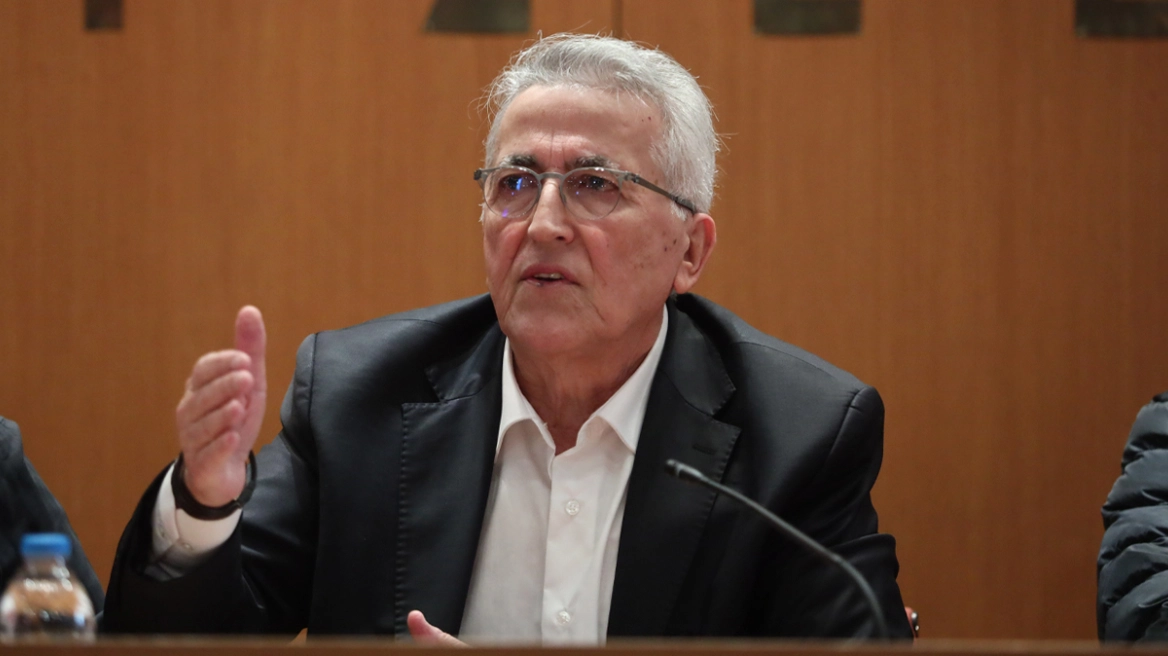Greece is in embarking on one of Europe’s most ambitious energy projects by linking up its electricity grid with Egypt’s.
An underwater cable will carry 3,000 MW of electricity — enough to power up to 450,000 households — and will run from northern Egypt directly to Attica in Greece.
The project is being undertaken by the Copelouzos Group, whose management met last week with the Egyptian leaders to speed up the process.
As oil and gas prices surge, Europe is facing a looming energy crisis. Russia was the largest supplier of oil and gas to the bloc in 2021 providing around 40 percent of its total energy needs.
But, after the invasion of Ukraine and the imposition of sanctions, energy prices have surged leaving some nations unsure of their supplies this winter.
“By bringing 3,000 MW of clean energy to Europe via Greece, we are helping Europe wean itself off Russia’s fossil fuels and natural gas,” said Ioannis Karydas, the CEO of Copelouzos Group.
“Also, the green energy we will transport will be much cheaper than today’s energy prices. You understand that this will help both Greek and European consumers.”
The ‘GREGY interconnection’ is set to cost €3.5 billion — it has been deemed a Project of Common Interest (PCI) by the European Union. This means it is identified as a key priority for interconnecting the European Union’s energy system infrastructure.
It will carry clean electricity produced in Egypt and other African countries through underwater cables via wind and solar parks. The total length of the project is an incredible 1,373km.
“Approximately one third will be consumed in Greece, and mainly in Greek industries, another third will be exported to neighboring European countries and the remaining will be used for the production of green hydrogen,” said Karydas.
“The majority of this hydrogen will also be exported to neighboring European countries.”
Egypt has already completed interconnection projects with Libya, Sudan and Saudi Arabia and aspires to become a major energy hub for South Eastern Europe. The project is expected to be completed in 7 to 8 years.
Source: Saudi Gazette
Ask me anything
Explore related questions





